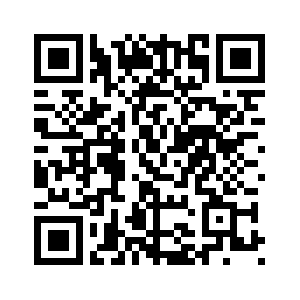BANGKOK, April 2 (Xinhua) -- Southeast Asia remains a key destination for illicit waste shipments primarily from Europe, North America and other parts of Asia, according to a report released by UN agencies on Tuesday.
The report, jointly released by the United Nations Office on Drugs and Crime (UNODC) and the UN Environment Programme (UNEP), presented a first-ever mapping of waste trafficking trends from Europe to Southeast Asia, shedding light on how criminal actors exploit legal trade and regulatory and enforcement loopholes for financial gain.
It also explored the negative impact of waste trafficking on the global circular economy, with common tactics ranging from false declarations, a lack of or incorrect notifications to circumvent regulations and avoid controls, to missing or inadequate licenses or documents.
"The crime of waste trafficking is taking away the value that legal, well-regulated waste trade brings to sustainable economies," said Masood Karimipour, UNODC Regional Representative for Southeast Asia and the Pacific.
The report noted that despite regulatory and enforcement measures implemented by countries in which illegal waste ends up, such as Indonesia, Malaysia, Thailand, and Vietnam, waste trafficking continues to pose a major challenge in the region.
"If we are to fight this crime, we must change this by closing regulatory gaps, increasing enforcement, and strengthening cooperation at home and abroad," said Preeyaporn Suwannaked, director general of the Pollution Control Department of Thailand.
The report, which was financed by the European Union, stressed the urgent need for further regulatory reforms, enhanced international cooperation, capacity development, research, and data along with stricter enforcement measures to combat waste trafficking effectively. ■



